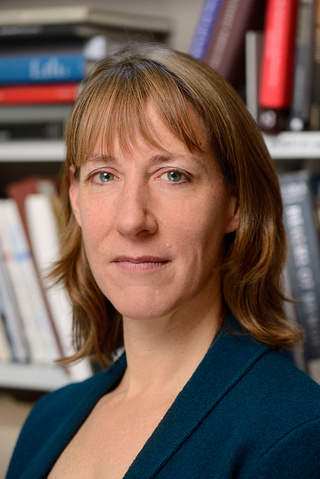Elizabeth Rodini works on cross-cultural encounters in the early modern period, recently focusing on matters of object mobility, recontextualization, and reuse in early modern Venice. Her publications in this field include “Imitation as a Mercantile Strategy: The Case of Damascene Ware,” in Typical Venice? Venetian Commodities, 13th–16th Centuries (Brepols, at press), and “The Sultan’s True Face? Gentile Bellini, Mehmet II, and the Value of Verisimilitude,” in The “Turk” and Islam in the Western Eye (1453–1832) (Ashgate, 2011). She is currently writing a book-length study of Bellini’s Mehmet portrait, constructed as an object biography and methodological reader. She received her PhD from the University of Chicago.
As Founding Director of the Program in Museums and Society at Johns Hopkins University, Rodini works between the museum and academia and has published on museum and collection history, museum scholarship, and cultural landscapes. Her work at Bard Graduate Center will build on a forthcoming article, “Mobile Things: On the Origins and Meanings of Levantine Objects in Early Modern Venice” (Art History, 2018), extending its documentary investigations into the sphere of the museum and exploring strategies for re-activating once peripatetic collection objects. This work will be grounded in artifacts in New York City collections that spanned the Mediterranean literally or conceptually, in order to bridge material, historical, and institutional approaches to the study of early modern mobility.

